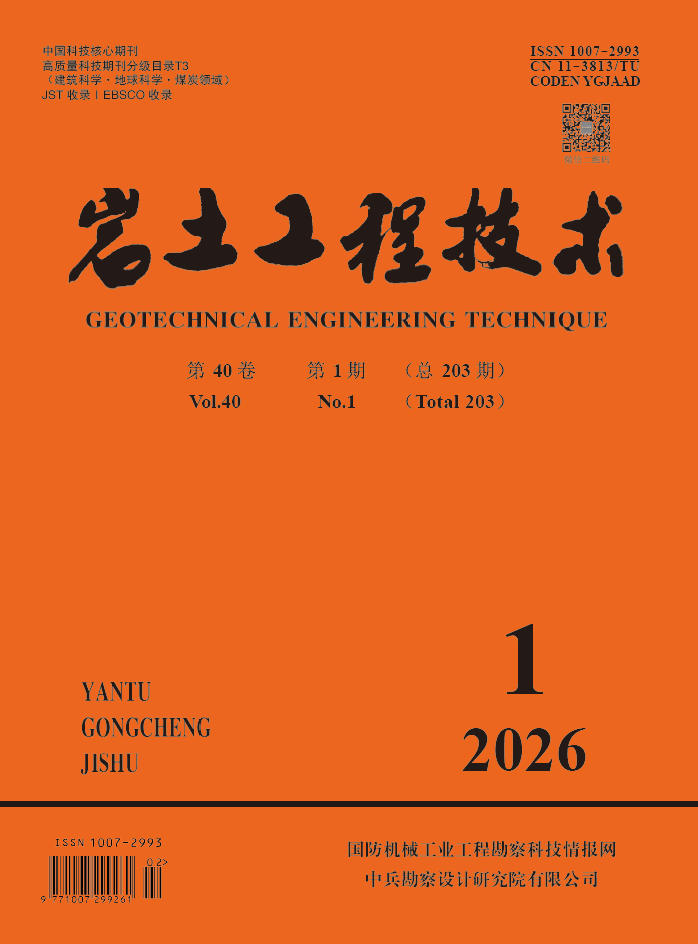1. Authors and Co-authors:
Authors are advised to follow the following code of ethics strictly.
(1) Submit manuscripts which are original works or the works associated with during the tenure.
(2) Submitted manuscripts should contain original data, new results, and ideas, which aren’t presented for publishing to other publications or posted elsewhere.
(3) The author should adequately cite the work they are referring, authors, are advised to cross-check the reference before submission of the manuscript.
(4) Authors and co-authors are requested to review and ensure the accuracy and validity of all the results before submission.
(5) All authors are requested to submit the copyright transfer form.
(6) The authors work does not infringe on any rights of others, including privacy rights and intellectual property rights.
(7) The author’s data is accurate and not manipulated.
(8) The author’s data is their own or that they have permission to use data reproduced in their paper.
(9) The authorship of the paper is accurately represented and ensuring that all individuals credited as authors participated in the actual creation of the work and that all who attended are credited and have given consent for publication.
2. Reviewers:
(1) Confidentiality
Any papers received for review must be treated as confidential documents. They must not be shown to or discussed with others except as authorized by the editor.
(2) Competence
The reviewer with appropriate expertise should complete the review process of the entire paper.
(3) Constructive assessment
Reviewer comments should appreciate positive aspects of the work, identify the negative element of constructively, and indicate the enhancement needed. A reviewer should explain and support his or her judgment enough that Editors and Authors can understand the basis of the comments. A reviewer should not use any abusive language while commenting on an article. The analysis of each section should be done without any bias and personal interest by the assigned reviewer.
(4) Impartiality and Integrity
Reviewer’s decision should solely depend on scientific merit, relevance to the subject, the scope of the journal rather than financial, racial, ethnic origin etc., of the authors.
3. Editors
Editors have a responsibility to maintain the integrity, consistency, and reputation of the journal. By assuring the selection of appropriate reviewers to identify quality manuscripts, and by efficiently managing the peer review process.
(1) Accountability
The editor is responsible for deciding which articles submitted to the journal will be published, and, moreover, is accountable for everything published in the journal. In making these decisions, the editor may be guided by the policies of the journal’s editorial board as well as by legal requirements regarding libel, copyright infringement, and plagiarism.
(2) Confidentiality
The Editor shall protect the privacy of all material submitted to the journal or proceedings as well as all communications with Reviewers unless otherwise agreed with the relevant Authors and Reviewers.
(3) Fairness
The editor should evaluate manuscripts for intellectual content without regard to race, gender, sexual orientation, religious belief, ethnic origin, citizenship, or political philosophy of the author(s).
(4) Peer Review
The Editor shall ensure that the peer review process is fair, unbiased and timely. Research articles must typically be reviewed by at least two external and independent Reviewers, and where necessary the Editor should seek additional opinions.
(5) Vigilance over the Published Record
The Editor shall work to safeguard the integrity of the published record by reviewing and assessing reported or suspected misconduct in conjunction with the Publisher. Such measures will generally include contacting the Author of a manuscript and giving due consideration to the particular complaint or claims made but may also include further communications to the relevant institutions and research bodies.







